Don’t Just Drive, Maintain: Uncover the Benefits of Regular Auto Filters & Fluid Maintenance
Vehicle maintenance can often feel like a chore, but it’s important to remember that regular car care is necessary for improved performance and longevity of your vehicle. Many drivers may need help understanding the importance of regularly changing their engine oil, air filters, brake fluid, and coolant – but there are several key benefits associated with this type of preventative auto maintenance. This blog post explores why drivers must stay up-to-date on filter and fluid changes and uncover just how beneficial periodic maintenance can be.
Introduction: Overview of why Vehicle Maintenance is Important
Vehicle maintenance is an integral part of owning a car. Regular maintenance helps ensure your vehicle runs reliably, efficiently, and safely. With regular maintenance, cars can avoid several problems, including decreased fuel efficiency, increased emissions, reduced performance, and complete breakdowns. Furthermore, regular maintenance can prevent more costly repairs, which may otherwise occur from a lack of proper car care.
The most important part of maintaining a vehicle is performing regular oil changes. This helps keep the engine clean by removing built-up dirt and debris from inside it and replenishing any lost lubrication. Doing this on schedule can help extend your engine’s life and ensure that it runs smoothly and efficiently. Additionally, checking your fluids regularly—such as brake fluid, coolant, and transmission fluid—is essential for keeping the entire car in good condition and preventing any significant breakdowns or malfunctions.
Getting more serious work done on your vehicle may also be necessary depending on how old it is or how much you drive it. Regularly replacing filters such as air filters or cabin air filters will help keep air quality fresh inside the cabin while also helping improve engine performance by allowing more clean air into the system. If you’re driving a lot in cold weather or during snowy months, checking your battery regularly will help prevent breakdowns due to low power or dead batteries caused by freezing temperatures.
Finally, ensuring all exterior components are in good condition is key for maintaining safety while driving; this includes checking tires for tread depth and proper inflation pressure and checking wipers for wear or cracking due to age. Overall, performing regular vehicle maintenance allows you peace of mind knowing that your car won’t unnecessarily break down on you, and keeps you safe when out on the road!
The Benefits of Regular Maintenance: Improved Performance and Longevity
Regular maintenance is essential to ensuring that your vehicle runs at peak performance and lasts as long as possible. By addressing minor issues before they become major ones, you can save yourself a lot of money and aggravation in the long run. Regular maintenance also improves your vehicle’s fuel efficiency, so you’ll save on fuel costs too.
For starters, regular oil changes are essential for any engine to remain in good condition. Oil lubricates the parts of the engine and is also responsible for carrying away debris from metal parts and helping prevent corrosion of those parts. As such, regular oil changes ensure that your engine remains clean and running optimally.
Additionally, regular inspections allow mechanics to identify any minor problems with your vehicle before they become more extensive – and more expensive – issues down the line. For instance, they can locate worn tires or brakes early to replace them before they lead to dangerous driving conditions or worse accidents. Furthermore, regularly inspecting belts, hoses, and other components helps identify problems before they cause damage further down the road.
Finally, it’s important to remember that regular maintenance extends beyond just mechanical repairs; it includes cleaning out air filters and replenishing fluids like coolant or transmission fluid. All these small steps add to improved performance and longevity when taken together over time.
Regular maintenance may be time-consuming and costly initially. Still, it pays off in the end by improving how smoothly your vehicle runs now while helping prevent more expensive repairs in the future. It’s an investment worth making for anyone who wants their car to perform optimally for many years!
Exploring Engine Oil Changes: Why They’re Necessary and How Often to Change
Engine oil changes are an essential part of car ownership and regular maintenance. Without a proper oil change, your engine will start to experience wear and tear that could lead to costly repairs further down the road. Therefore, staying on top of your oil changes is crucial to keep your car running smoothly.
Oil changes help protect your engine from dirt, debris, and other contaminants that can accumulate over time. The oil in your car acts as a lubricant for the engine’s internal parts and helps keep them cool during operation; when the oil gets old, it can no longer do its job properly and starts breaking down, which leads to dirt and debris getting into the system. This can cause serious damage as it contaminates vital parts of the engine, such as pistons, valves, bearings, etc., resulting in premature wear-and-tear or catastrophic failure.
How often you should get an oil change depends largely on the type of vehicle you have and how often you drive it. Generally speaking, most cars require an oil change every 3,000 miles or every three months—whichever comes first—but some newer vehicles may be able to stretch this out a bit further (up to 5-7k miles). It’s essential to check your owner’s manual or speak with a certified mechanic for specific information regarding oil change intervals for your particular make/model/year vehicle; these numbers can vary significantly across different manufacturers and models.
Finally, when getting an oil change, it’s important to remember that not all motor oils are created equal. There are many different types available depending on your vehicle type (e.g., conventional vs. synthetic), so make sure you select one specifically designed for use in your car before having it changed out. By following these guidelines—paying attention to both frequency and quality—you’ll be able to ensure that your engine is always running at its peak performance level while also reducing the risk of unexpected mechanical issues.
Additional Filter and Fluid Changes: What Else Needs to be Checked and Replaced?
Filter and fluid changes are only the beginning of the maintenance checklist. Depending on the vehicle type and age, several additional items may need to be checked and replaced regularly. For example, air filters should be changed to keep dirt and debris from entering the engine and degrading performance. Spark plugs also need to be replaced at regular intervals to ensure efficient combustion. Belts should also be inspected for signs of wear or damage and any hoses that can become brittle over time or cracked due to heat exposure. It is also essential to check for any leaks or seeps in the oil pan or gasket, as these can lead to further problems if unaddressed.
Brakes, brake pads, and suspension components should all be inspected for signs of damage or wear. Lastly, fluids like transmission fluid and coolant should also be checked for levels and quality periodically to address any issues before they become more serious. By staying on top of these routine inspections and maintenance tasks, you can help your vehicle run smoothly while avoiding significant repairs down the road.
Summarizing the Importance of Regular Auto Maintenance
Regular auto maintenance is essential to keep your car running properly. Without regular maintenance, the engine can wear out faster and require more expensive repairs. It’s also crucial for safety. Issues like underinflated tires and worn brakes can cause dangerous situations. Regularly checking and replacing these components can ensure your vehicle is safe and reliable.
In addition to keeping your car mechanically sound, regular maintenance also helps preserve its value. Many prospective buyers look for vehicles that have been well-maintained with service records to back up the claim. Because preventive care keeps components in good working order, it can add years of life to a vehicle, allowing it to retain more value over time.
Regular auto maintenance is also cost-effective in the long run compared to costly repairs resulting from neglecting your car’s needs. Keeping up with oil changes, tire rotations, and other routine tasks will save money by preventing unnecessary damage or expensive repair bills due to a lack of upkeep.
Regular auto maintenance is essential if you want your car to remain in good condition and stay on the road longer without breaking the bank. Taking care of potential problems right away can help prevent more significant issues later on while keeping you safe and saving you money simultaneously.

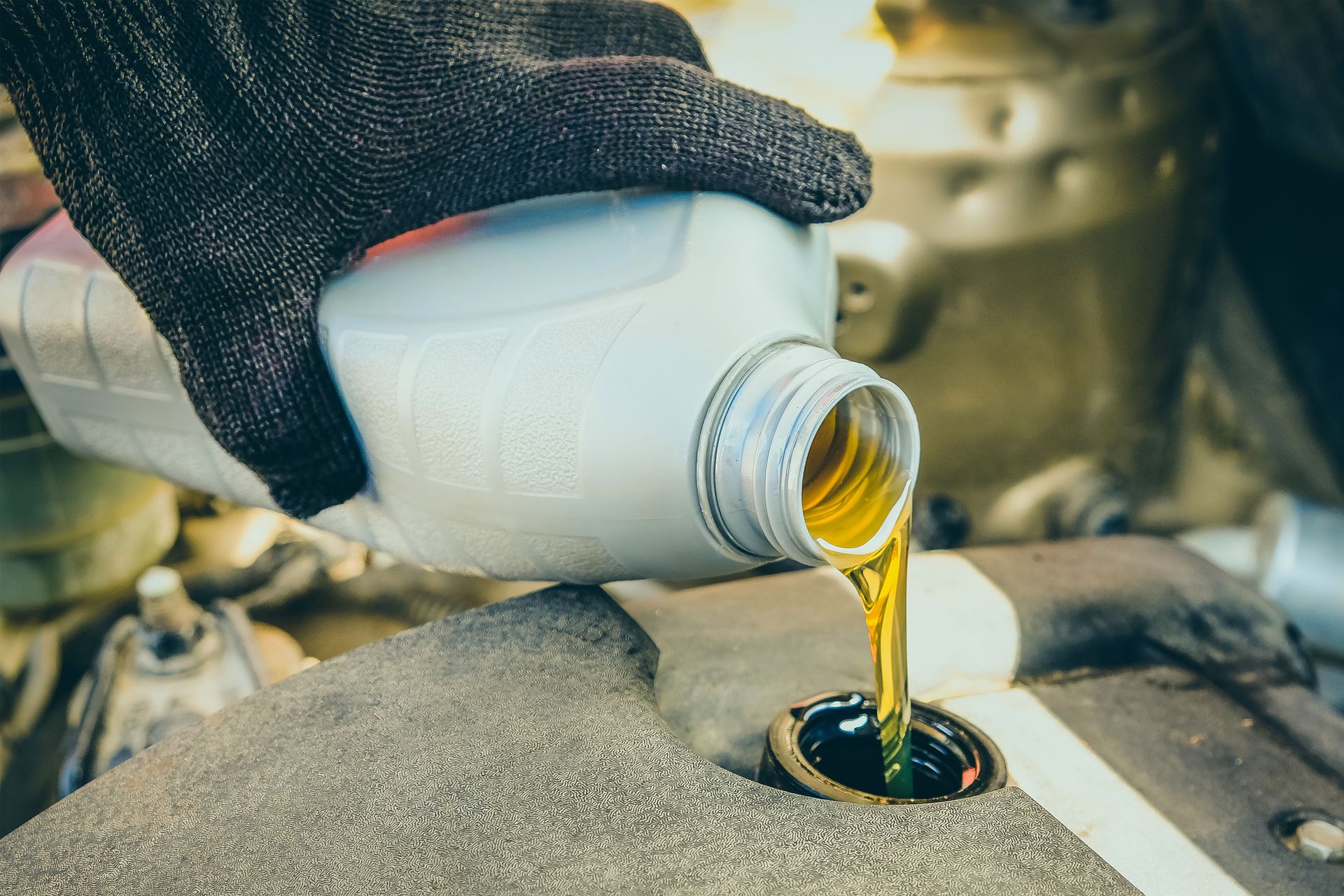
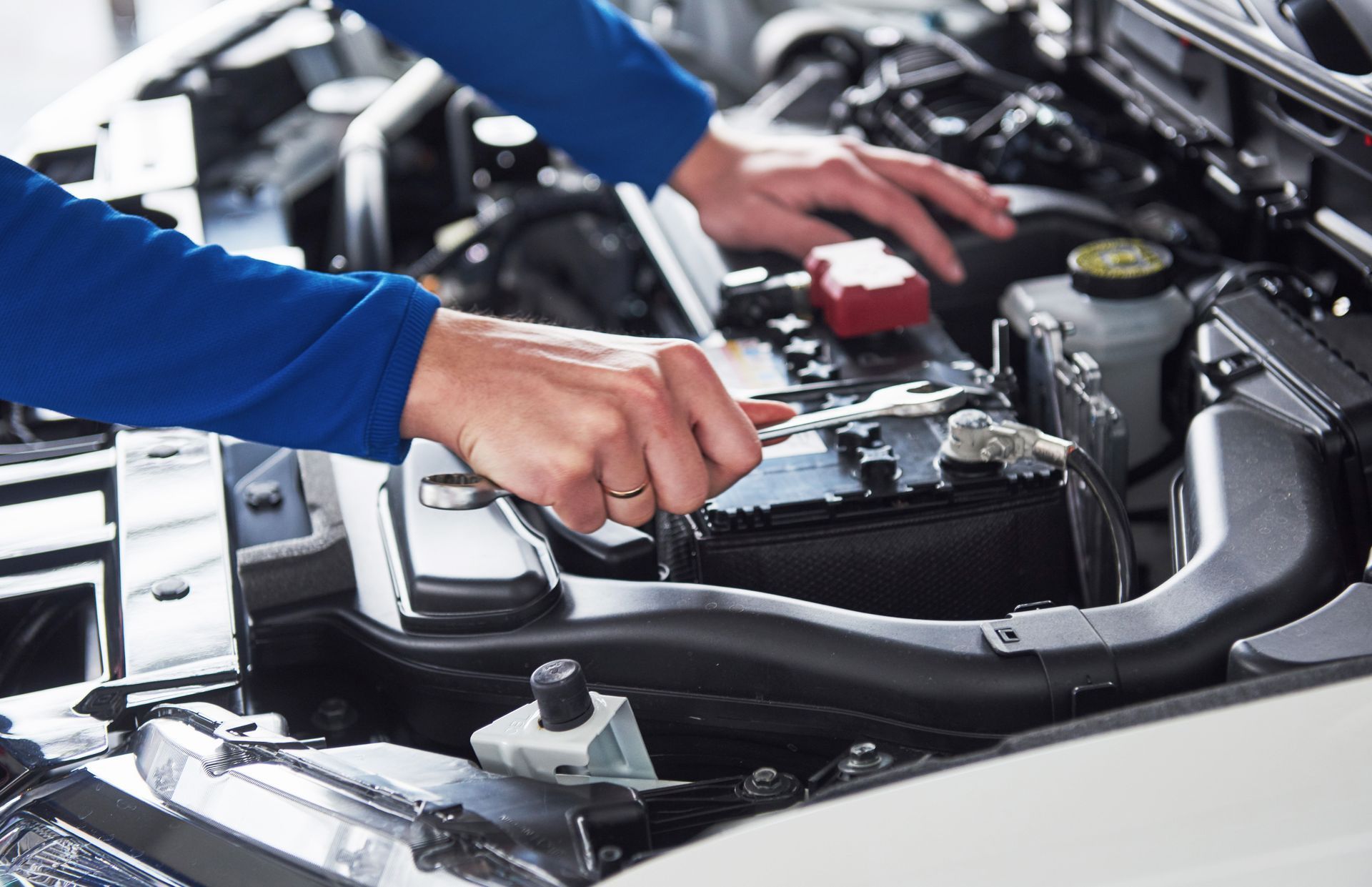
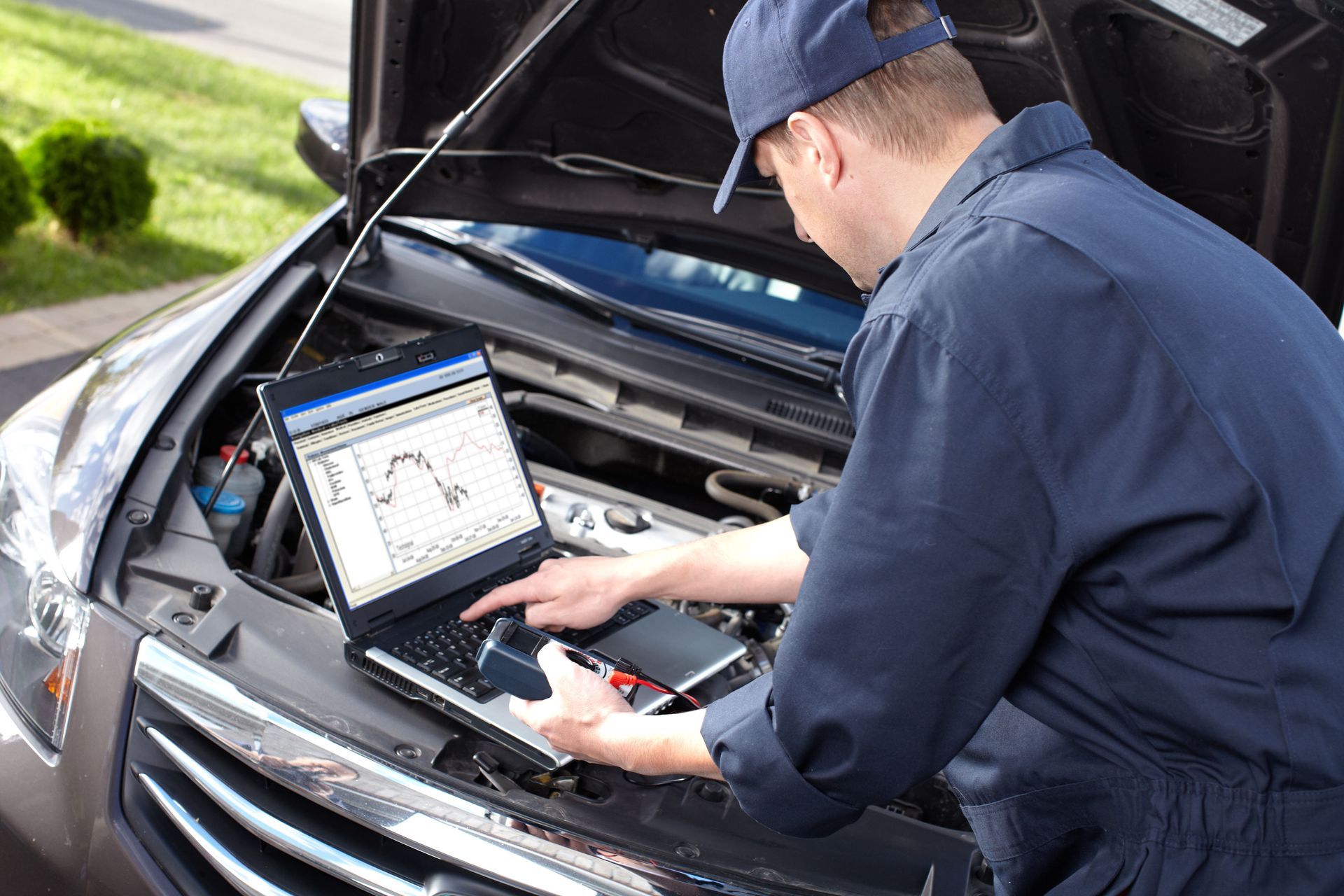
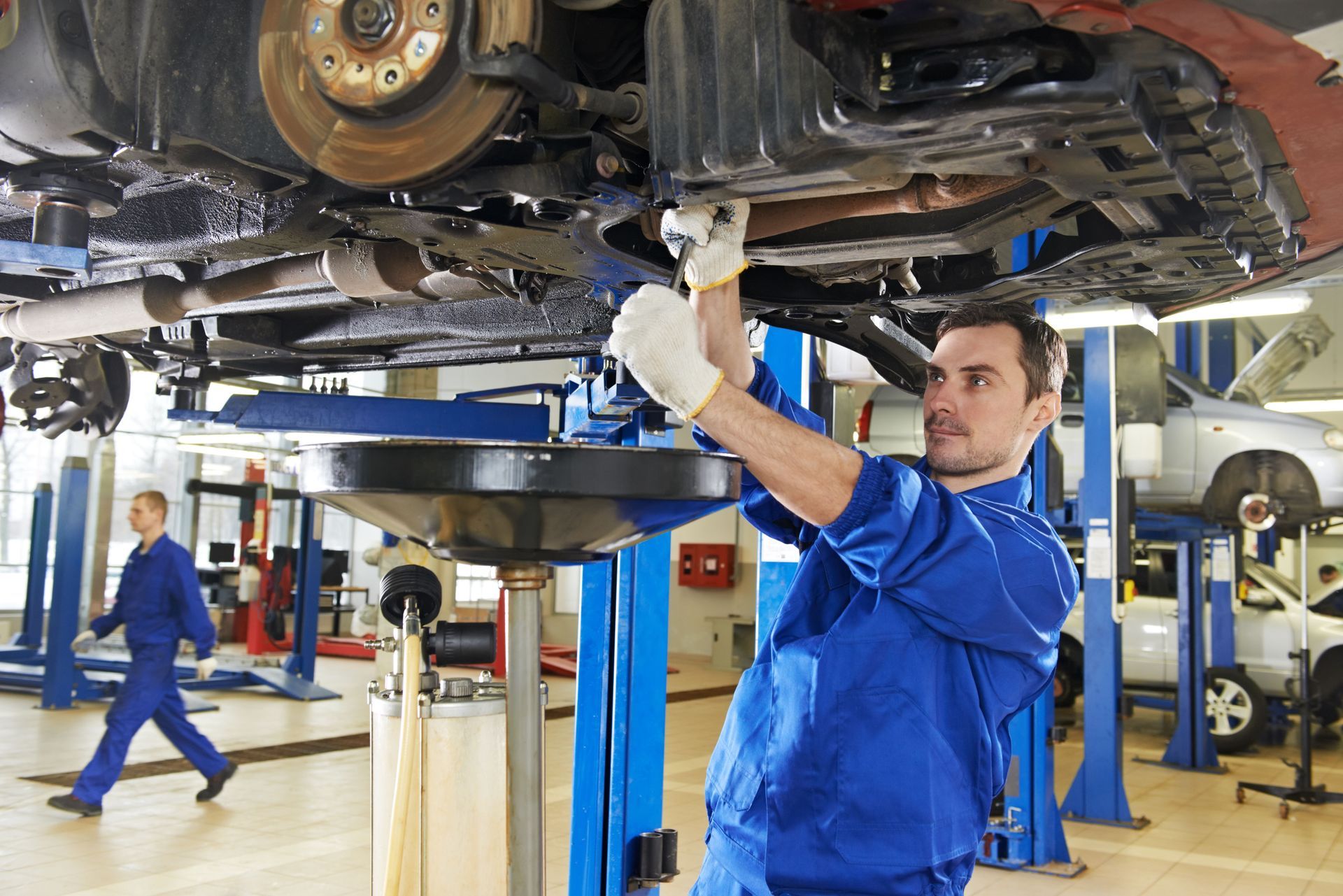
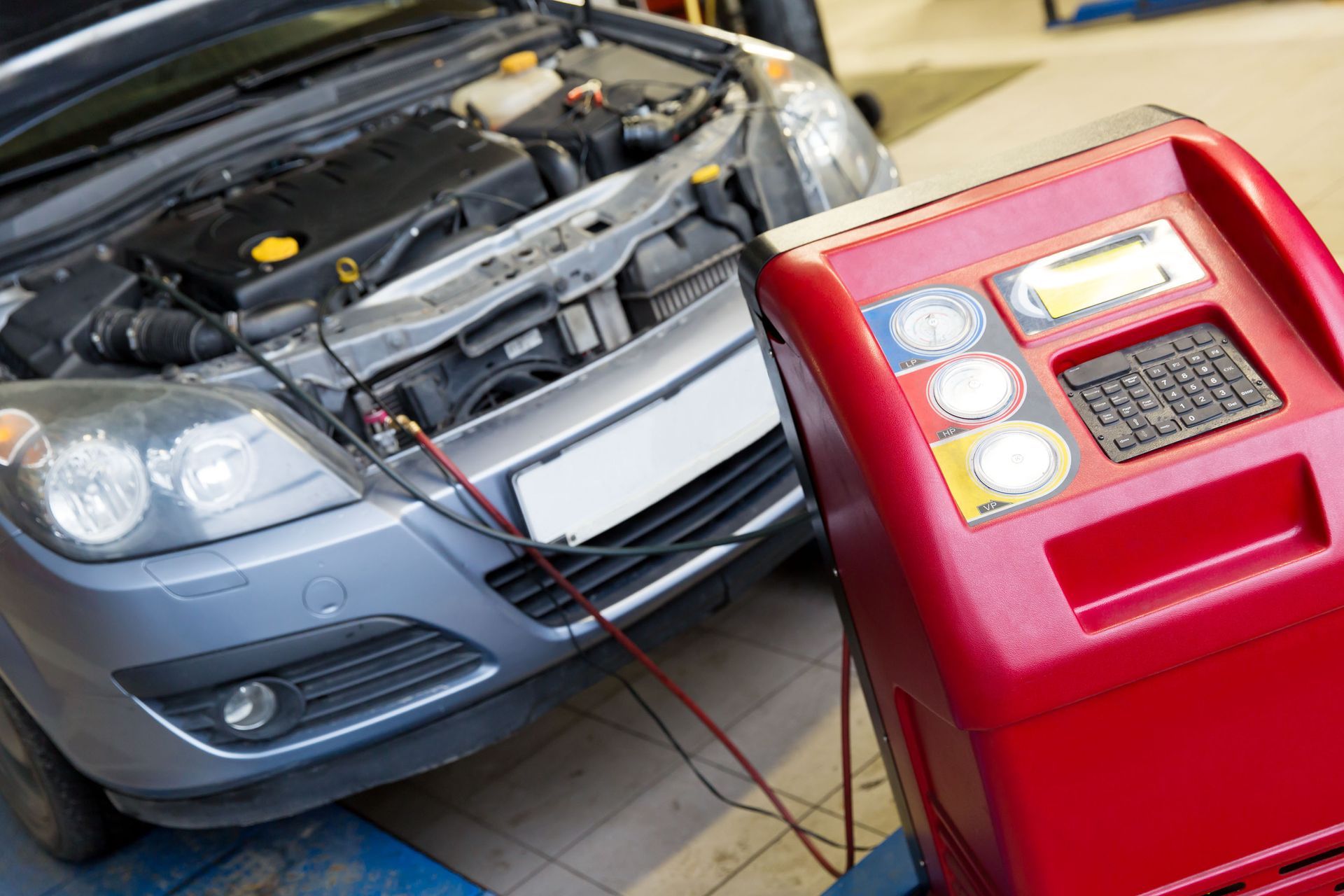
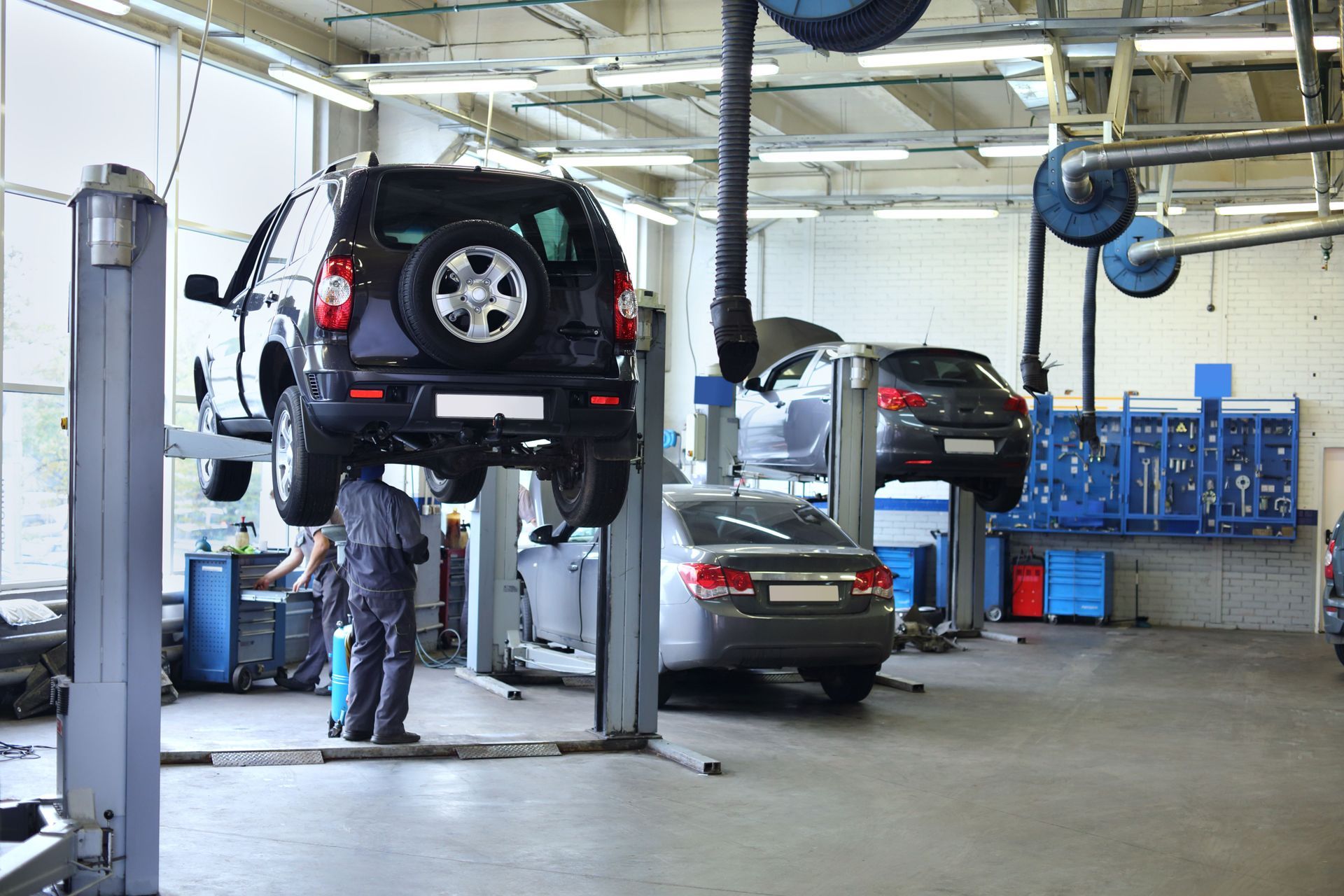
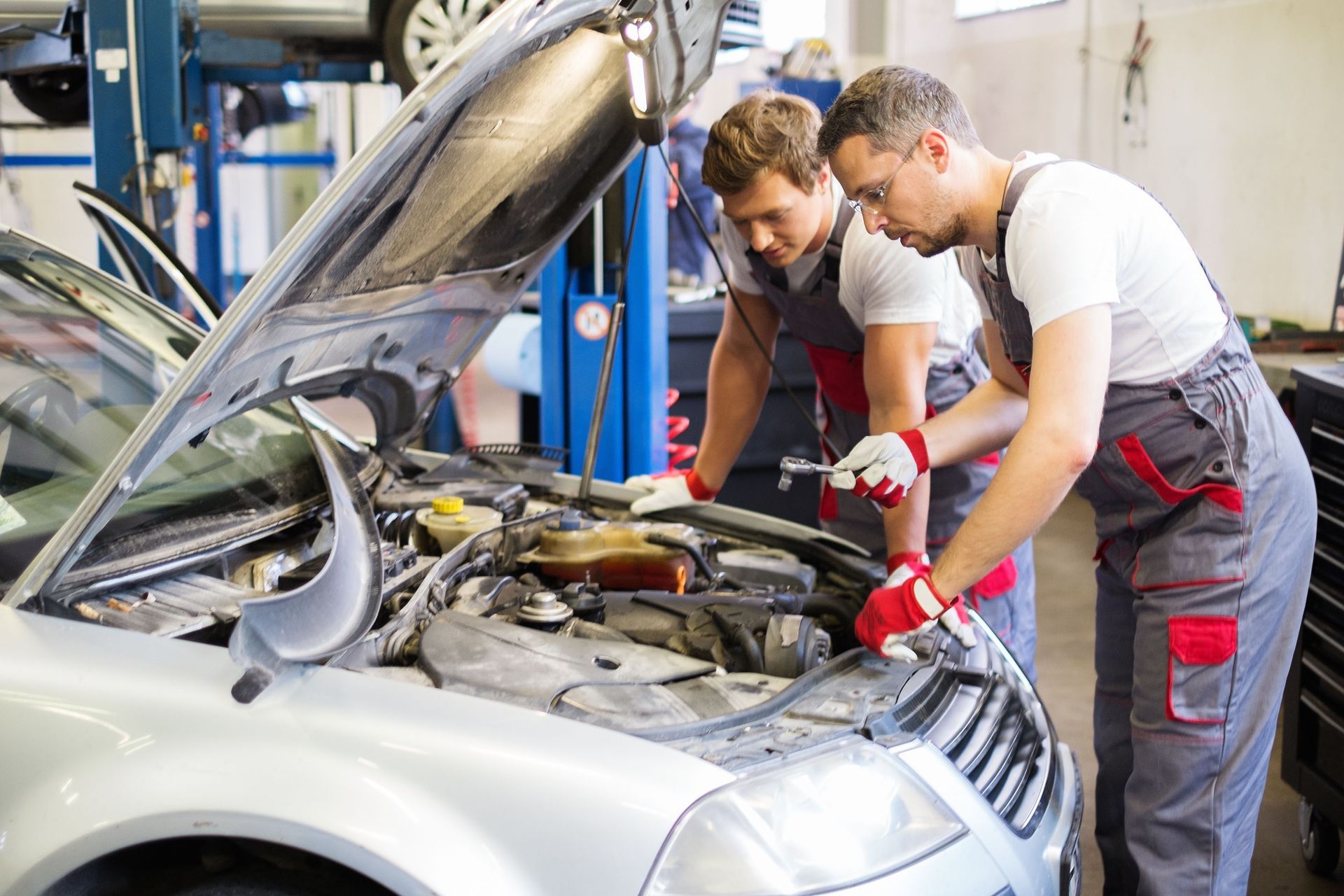
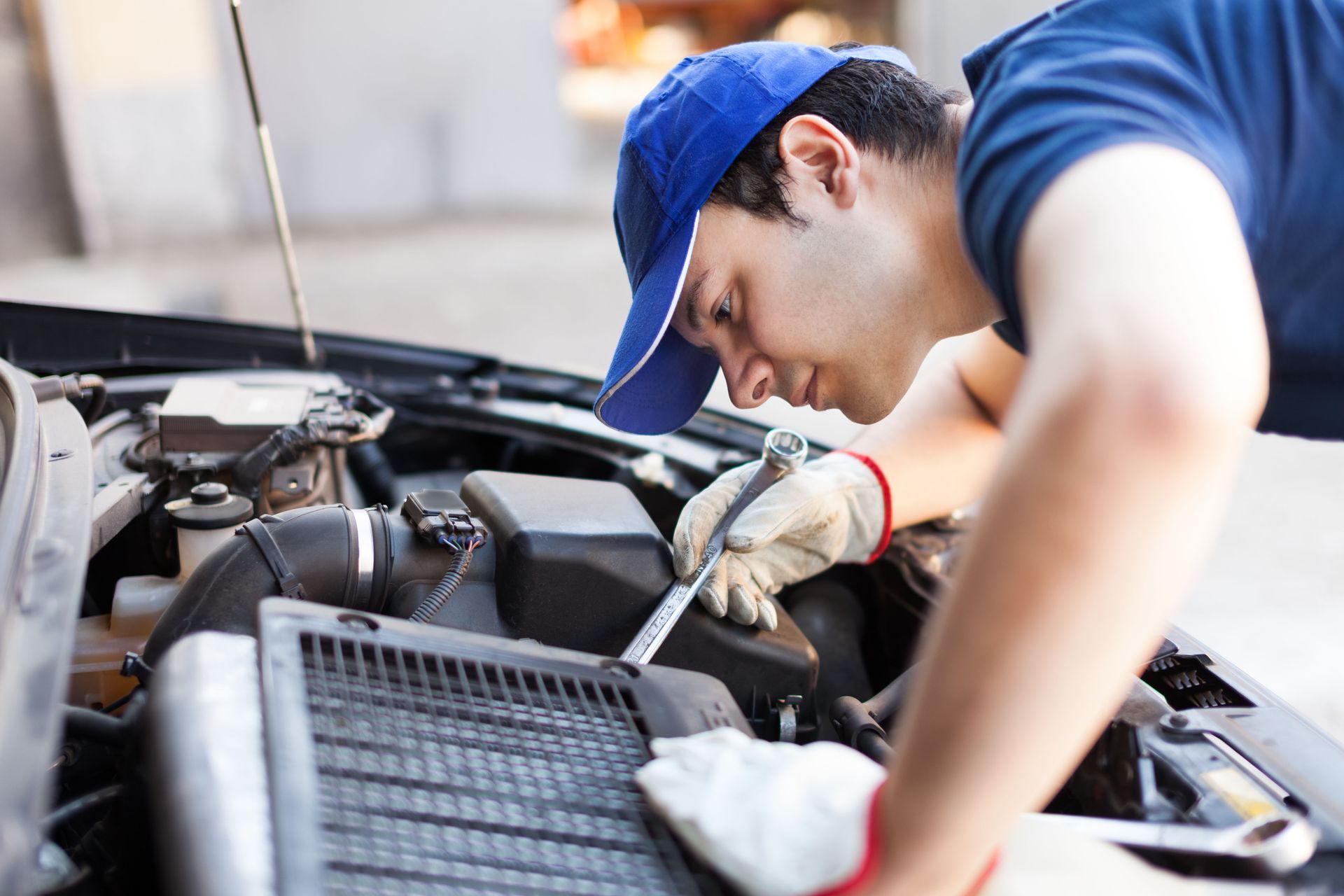
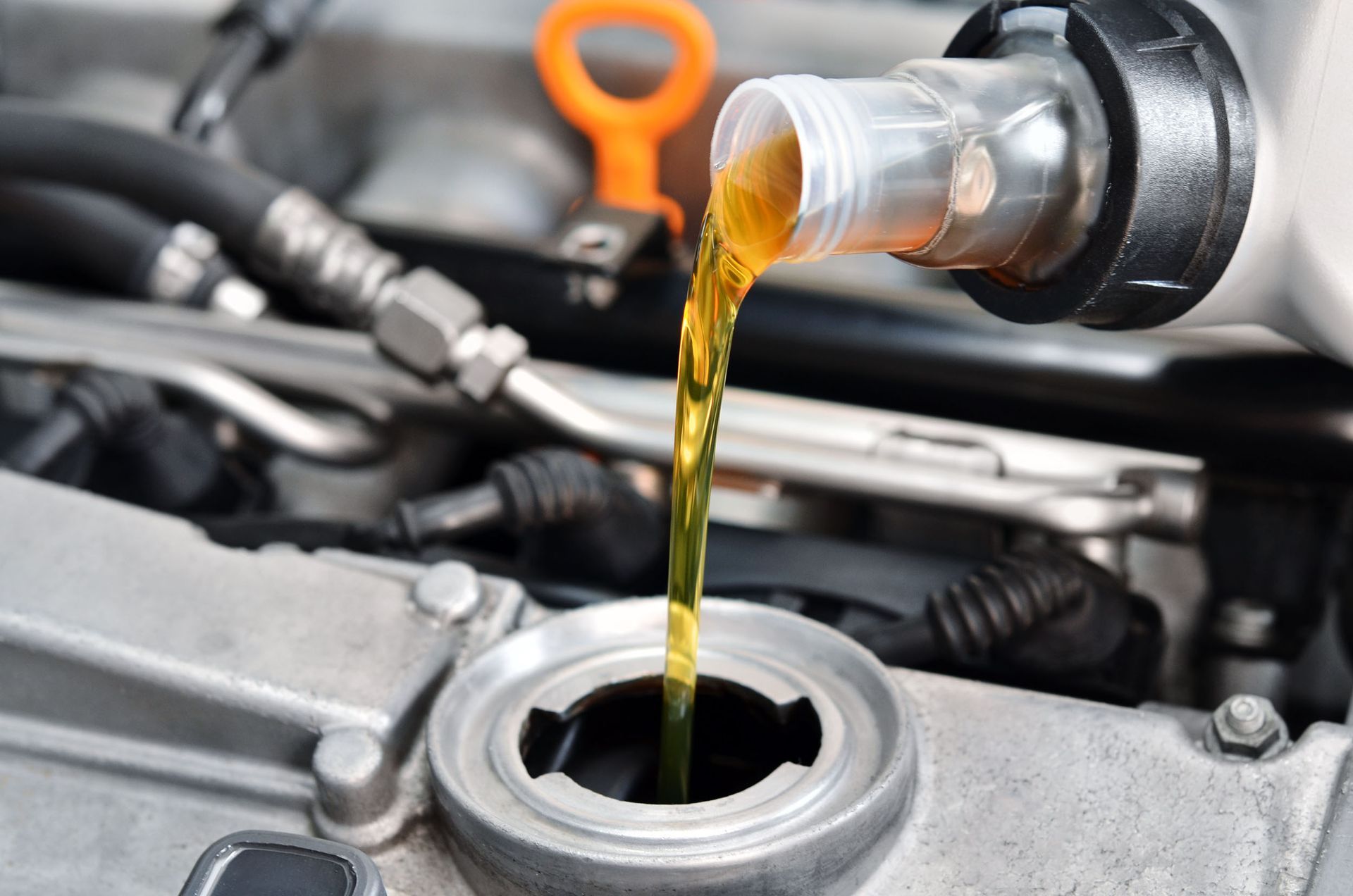
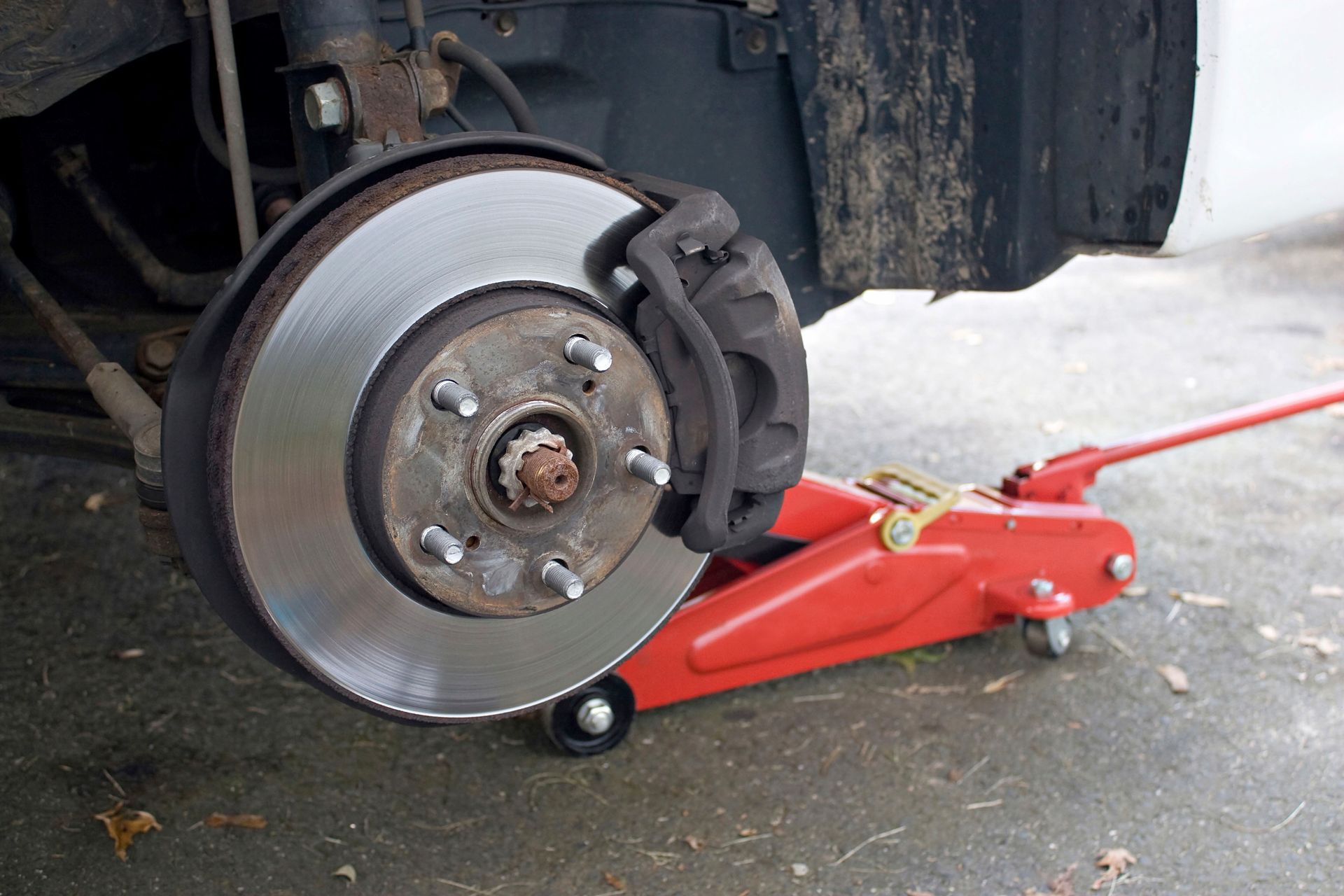
Share On: